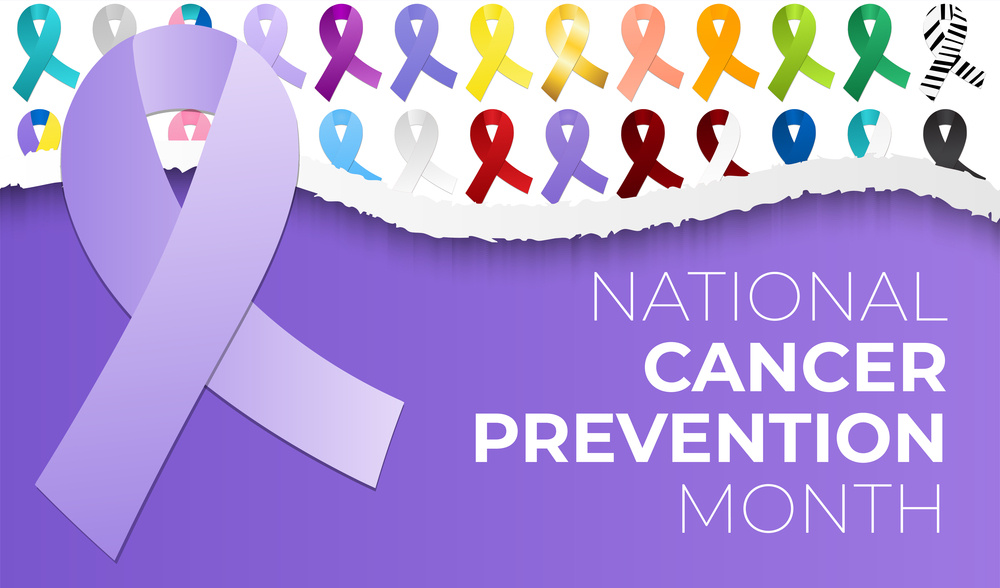Courtesy of Great Lakes Cancer Collaborative
There is not yet any definitive cure for cancer, nor any one preventative treatment. However, the physicians at Great Lakes Cancer Care Collaborative (GLCCC) want individuals to know that they should not resign themselves to the inevitability of getting cancer, as important lifestyle modifications noted below can go a long way toward reducing cancer risk.
Quit Smoking. About 85% percent of all lung cancer deaths are due to smoking, particularly small cell cancer, which is one of the most aggressive forms of lung cancer. The risk of lung cancer also increases with the number of years a person smokes and the number of cigarettes they have smoked in their life. Smoking also includes other forms of tobacco, including that found in pipes and cigars. Long-term exposure to secondhand smoke also contributes to increased lung cancer risk. Other types of cancers that are affected by smoking include cancer of the pancreas, liver, bladder, cervix, mouth, throat, and head and neck cancers.
Exercise. Physical activity can lower estrogen and blood insulin levels, help a person lose weight, and reduce inflammation — all factors that contribute to the formation of cancer. Experts recommend 150 minutes of moderate-intensity or 75 minutes of vigorous-intensity exercise a week.
Healthy Diet. The American Institute for Cancer Research indicates that certain minerals, vitamins, and phytochemicals can produce anti-cancer effects. Many foods, especially fruits, vegetables, whole grains, and legumes, can boost health and contribute to reducing cancer risk.
Avoid excessive alcohol consumption. Drinking alcohol regularly increases the risk of cancers of the mouth, voice box, and throat. It is also a primary risk factor for liver cancer. Limit alcohol consumption, and know that alcohol use in combination with smoking puts you at a 30-fold increased risk of a cancer of the oral cavity or throat.
Be cautious of hepatitis C. Avoid behaviors that place you at risk of contracting hepatitis C, which causes inflammation of the liver. Hepatitis C can be contracted by receiving a piercing or tattoo in an unsanitary environment, through injecting or inhaling illicit drugs, unsafe sex, or being exposed to infected blood through an accidental needle prick.
Skin Protection. Protecting the skin from exposure to ultraviolet rays from the sun and tanning beds helps prevent skin cancers and other damage. Wear wide-brimmed hats, apply sunscreen with an SPF of at least 30, avoid the sun between 10 am and 4 pm, and wear sun-protective clothing.
As always, it is important to establish and maintain your relationship with your primary care provider, who is really the “quarterback” in helping you manage your health. Call your physician if you notice anything unusual. These recommendations are equally important for cancer survivors. Download a PDF for cancer survivors at https://tinyurl.com/2vmfsx92.
It is important to know that simple lifestyle changes can go a long way toward reducing cancer risk. GLCCC brings together the best of medical oncology, radiation oncology, imaging, surgical oncology, genetics, infusion, support services and more, to provide patients with the most collaborative and effective cancer care possible. Visit www.greatlakescancercare.org, or call 716-884-3000 to learn more, or to schedule an appointment.












